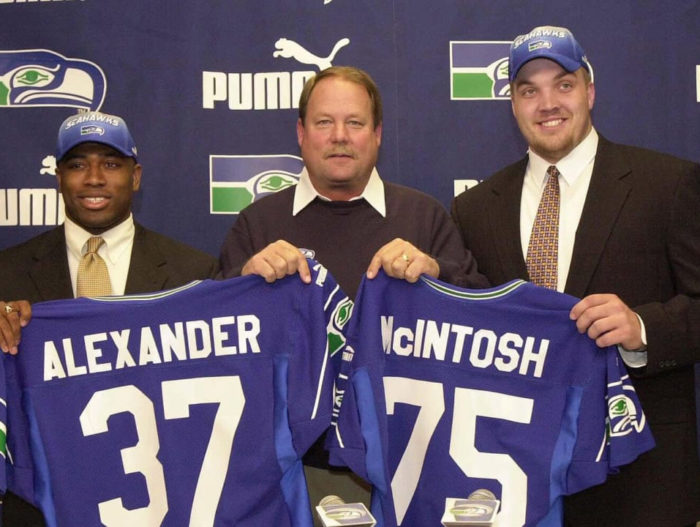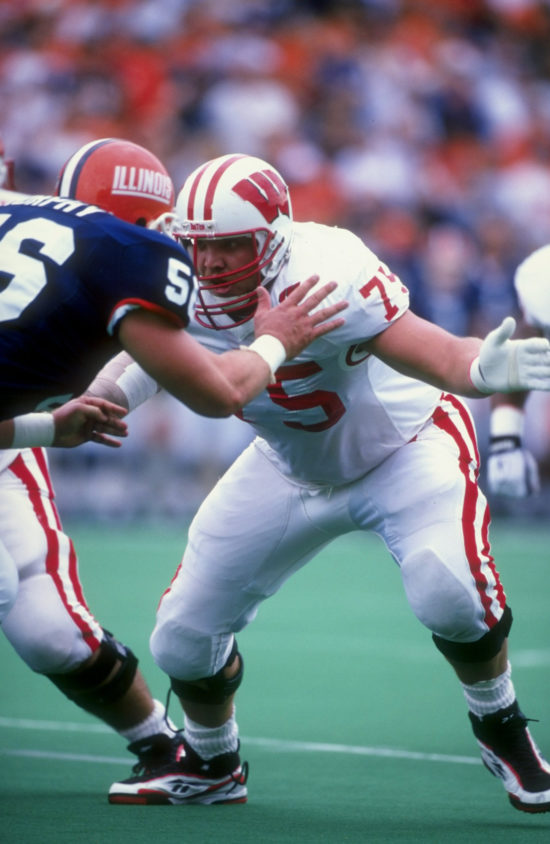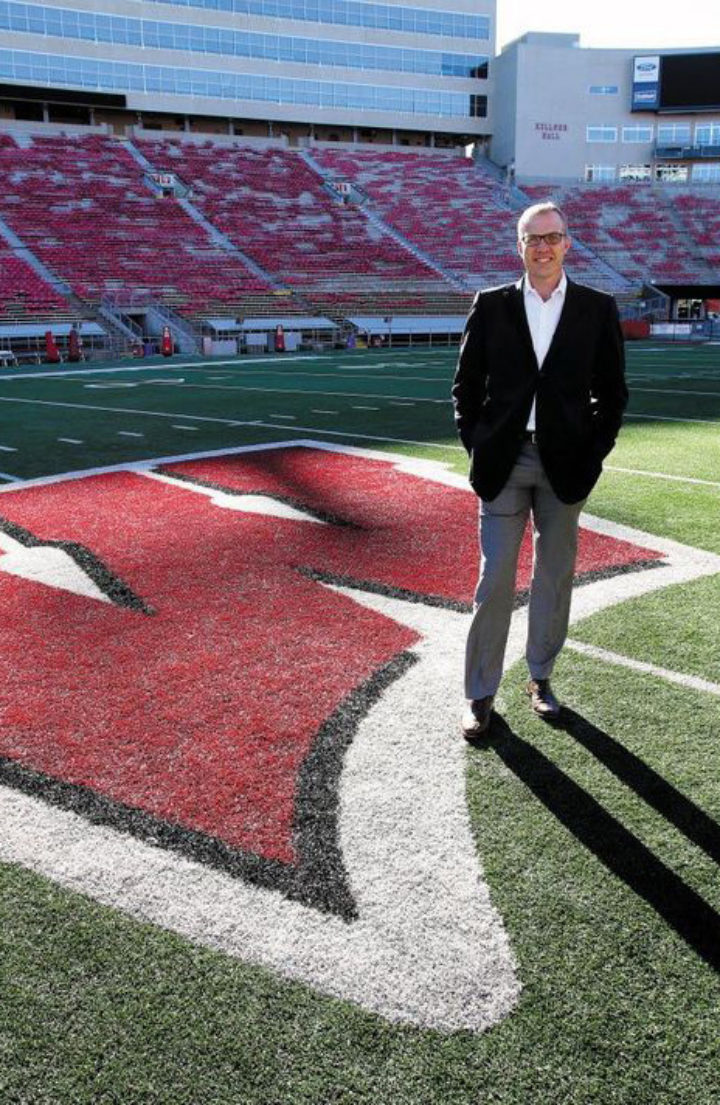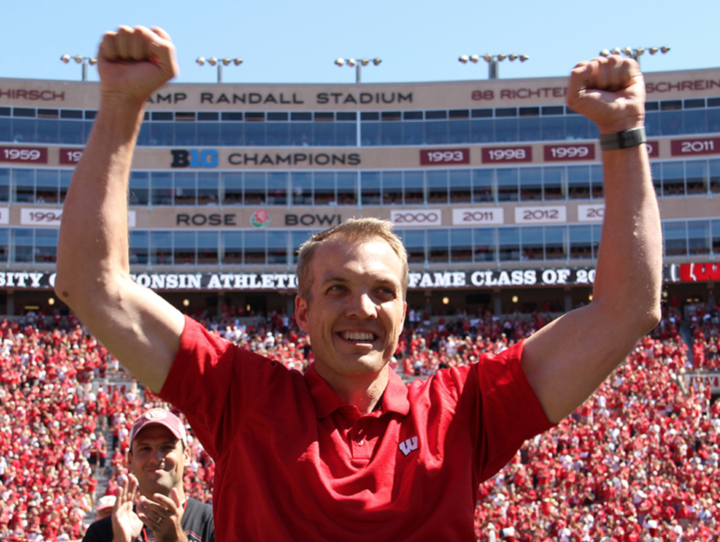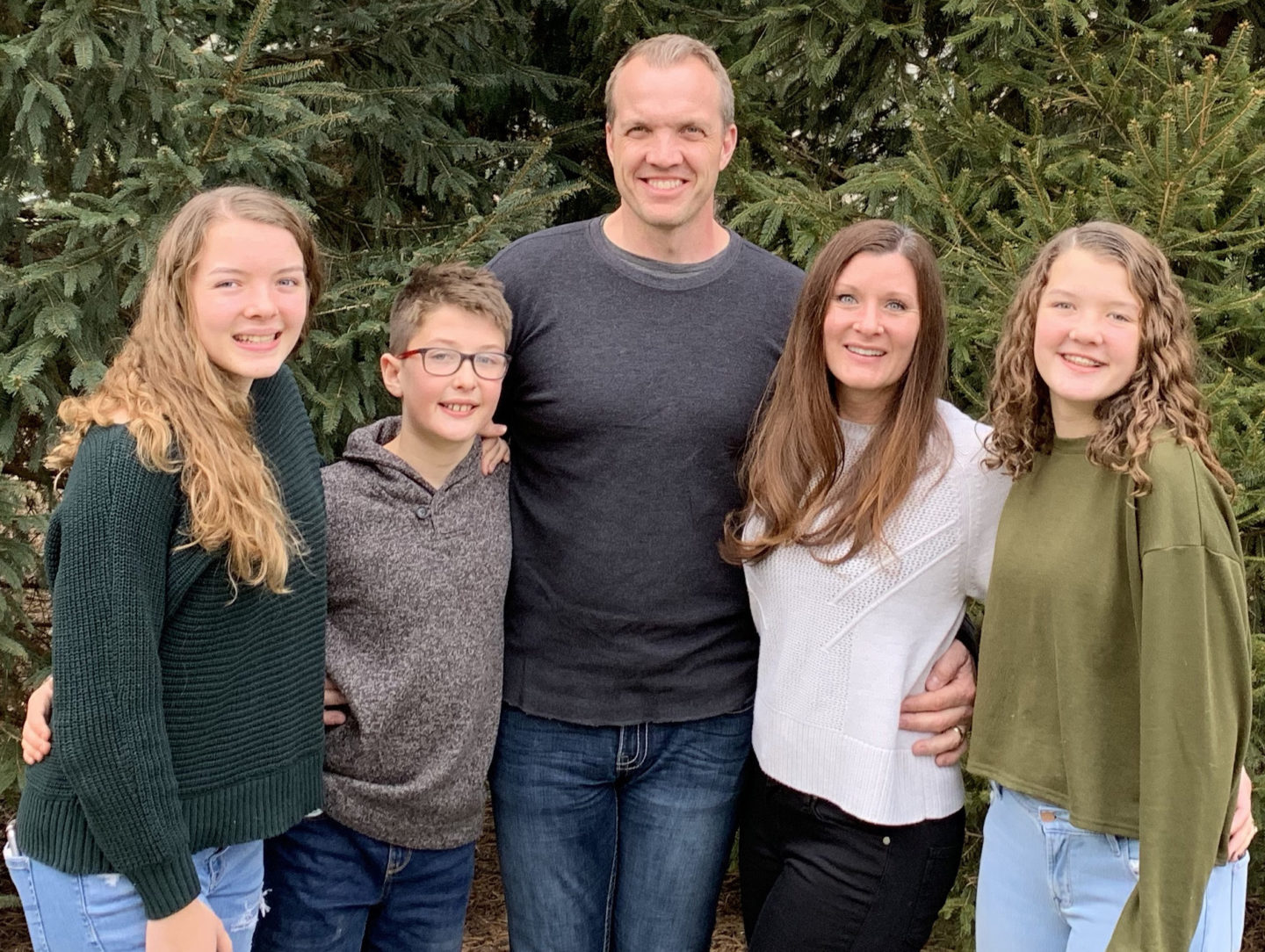For me, retirement came sooner and quicker than I ever thought it would. I don't think I was unique in imagining a longer career for myself. We all picture ourselves playing for a very long time, but it just didn’t happen that way. I injured my neck and my career quickly came to an end.
I had one semester of school to finish my undergrad, so I came back to the University of Wisconsin. I was searching for what I was passionate about and what I was interested in. I'd be lying if I said there wasn't a moment of doubt or uncertainty since it was a new chapter for me. I wasn't exactly sure how the next chapter was going to look, and though I think I quickly moved on, it wasn't without a little bit of fear.
I realized the situation I was in as a football player, having just retired, represented a significant career change not unique to football players. People go through it all the time. To think it was something most people in life are faced with helped me normalize it. It took me a long time to realize what I thought of as “football achievements” were actually more than just that. There were all these intangible skills I had been equipped with from football. I didn’t realize it in the moment, but later in life, it dawned on me those skills didn’t disappear, they still served me as I entered a different chapter of my life.
